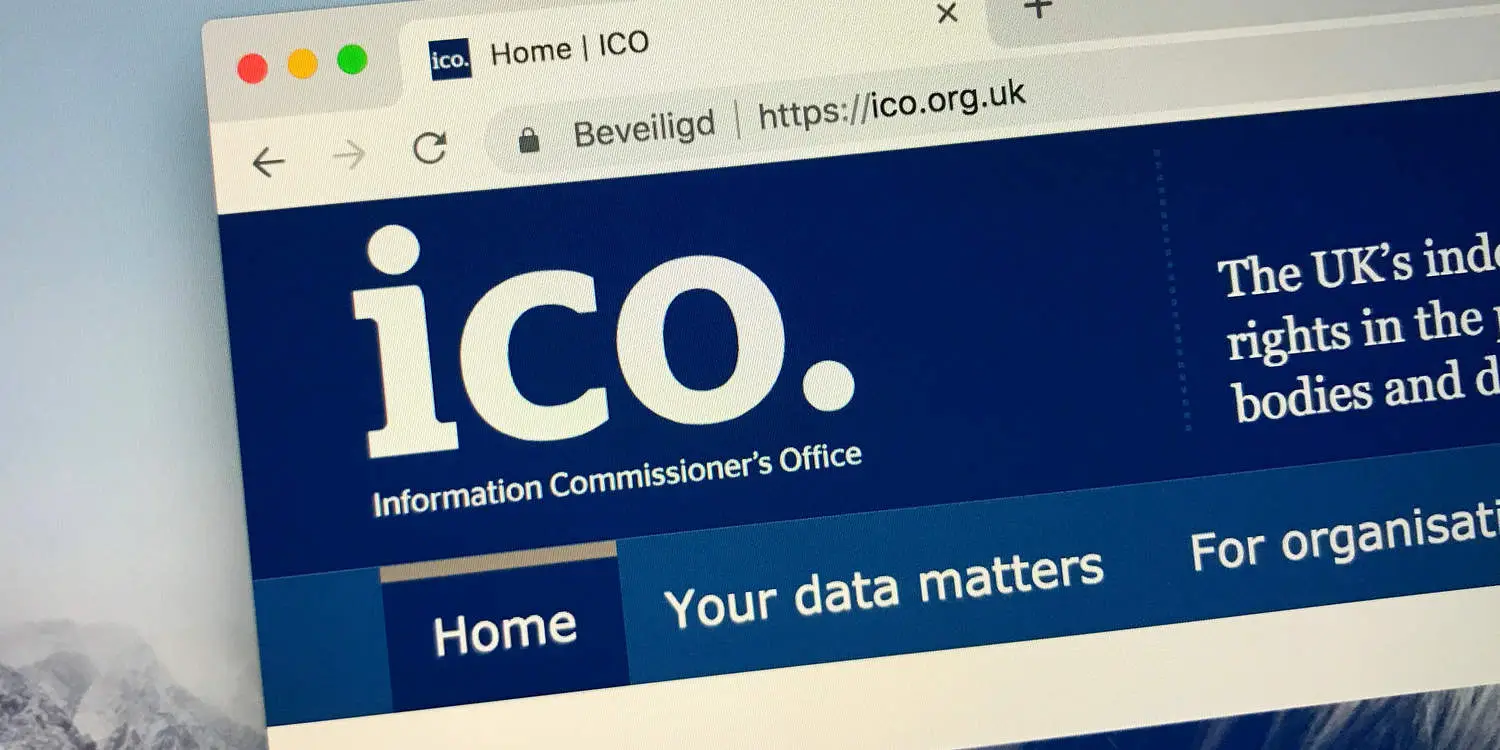The Information Commission, an independent authority in many countries, plays a key role in protecting individuals’ data rights. Its mission is to uphold information rights in the public interest, promote openness by public bodies, and data privacy for individuals.
What is the Information Commission?
The Information Commissioner’s Office (ICO) in the UK, and similar bodies worldwide, enforce data protection laws. They ensure organizations comply with legislation such as the General Data Protection Regulation (GDPR) and the Data Protection Act. These bodies have the power to investigate data breaches, enforce corrective measures, and impose fines.
The Role of the Information Commission
1. Enforcement
The Information Commission enforces data protection laws. It can investigate organizations, issue fines, and demand corrective actions. The aim is to ensure that personal data is handled responsibly.
2. Guidance
The Information Commission provides guidance to organizations. This helps them understand their obligations and implement best practices. It offers resources, training, and advice on data protection issues.
3. Advocacy
The Information Commission advocates for data protection rights. It raises awareness about privacy issues and influences policy development. Its goal is to promote a culture of data protection.
4. Complaint Handling
Individuals can file complaints with the Information Commission if they believe their data rights have been violated. The Commission investigates these complaints and seeks to resolve them.
Recent Data Breaches and Their Impact
Data breaches occur when sensitive information is accessed without authorization. They can have severe consequences for individuals and organizations. Let’s examine some recent high-profile data breaches.
1. Latitude Financial Data Breach (2023)
In March 2023, Latitude Financial, an Australian consumer finance company, suffered a significant data breach. Hackers accessed personal information of over 14 million customers. The breach included driver’s licenses, passport numbers, and financial information. The Information Commission emphasized the importance of robust cybersecurity measures and timely incident response.
2. T-Mobile Data Breach (2023)
In January 2023, T-Mobile disclosed a data breach affecting 37 million customers. The hackers accessed personal information such as names, billing addresses, emails, and phone numbers. T-Mobile stated that no financial information or social security numbers were compromised. The Information Commission investigated the breach, highlighting the need for strong data protection measures.
3. MOVEit Transfer Data Breach (2023)
In May 2023, Progress Software’s MOVEit Transfer service experienced a vulnerability that led to data breaches in multiple organizations. This breach affected companies using the software for secure file transfers. The Information Commission worked with affected organizations to ensure they patched the vulnerabilities and provided guidance on securing their systems.
4. British Airways Data Breach (2023)
In August 2023, British Airways experienced a data breach involving the personal information of over 400,000 customers. Hackers obtained data through a compromised third-party supplier. The Information Commission fined British Airways and urged companies to thoroughly vet their third-party vendors to ensure data security.
5. Optus Data Breach (2024)
In January 2024, Optus, a major Australian telecommunications company, reported a data breach affecting approximately 10 million customers. Hackers accessed sensitive information, including customer names, addresses, dates of birth, and contact details. The Information Commission investigated the breach, emphasizing the need for enhanced cybersecurity practices and customer data protection.
Lessons Learned from Recent Data Breaches
1. Importance of Data Encryption
Many breaches could have been prevented with proper data encryption. Encryption protects data by converting it into an unreadable format without the correct decryption key. Organizations must implement robust encryption practices to safeguard sensitive information.
2. Regular Security Audits
Regular security audits help identify vulnerabilities before hackers can exploit them. Organizations should conduct thorough audits to assess their security measures and address weaknesses.
3. Employee Training
Employees are often the weakest link in data security. Organizations must provide comprehensive training on data protection practices. This includes recognizing phishing attempts, using strong passwords, and safeguarding sensitive information.
4. Strong Access Controls
Limiting access to sensitive data is crucial. Organizations should implement strong access controls to ensure only authorized personnel can access confidential information. This reduces the risk of insider threats and unauthorized access.
5. Incident Response Plans
Having an incident response plan is essential for minimizing the impact of a data breach. Organizations should develop and regularly update these plans. They should outline steps to take in the event of a breach, including communication strategies and recovery procedures.
How the Information Commission Helps Prevent Data Breaches
1. Promoting Best Practices
The Information Commission promotes best practices for data protection. It provides guidelines and resources to help organizations understand their responsibilities. This proactive approach helps prevent data breaches.
2. Conducting Audits and Investigations
The Information Commission conducts audits and investigations to ensure compliance with data protection laws. It identifies weaknesses in organizations’ data protection measures and recommends improvements. This oversight helps prevent data breaches.
3. Imposing Penalties
The threat of penalties serves as a deterrent for organizations. The Information Commission can impose substantial fines for data protection violations. These penalties encourage organizations to prioritize data security.
4. Raising Public Awareness
The Information Commission raises public awareness about data protection rights. It educates individuals about their rights and how to protect their personal information. Informed individuals are better equipped to safeguard their data.
5. Supporting Innovation
The Information Commission supports innovation in data protection technologies. It encourages the development and adoption of new tools and practices that enhance data security. This helps organizations stay ahead of evolving threats.
The Information Commission plays a vital role in protecting data privacy. It enforces data protection laws, provides guidance, and advocates for individuals’ rights. Recent data breaches have highlighted the importance of robust data security practices. Organizations must prioritize data protection to prevent breaches and protect individuals’ privacy. By understanding the role of the Information Commission and learning from past breaches, we can create a safer digital environment for everyone.
Additional Resources
For more information on data protection and the role of the Information Commission, consider visiting the following resources:




